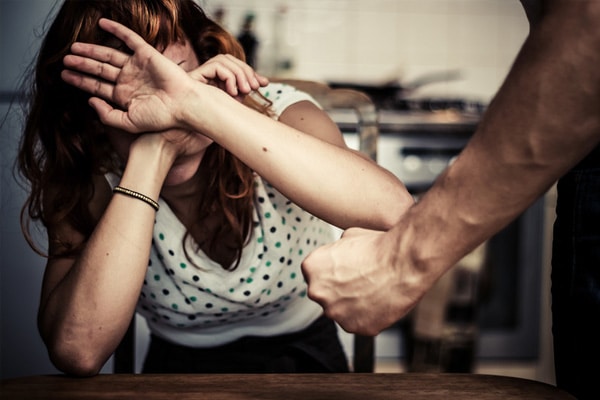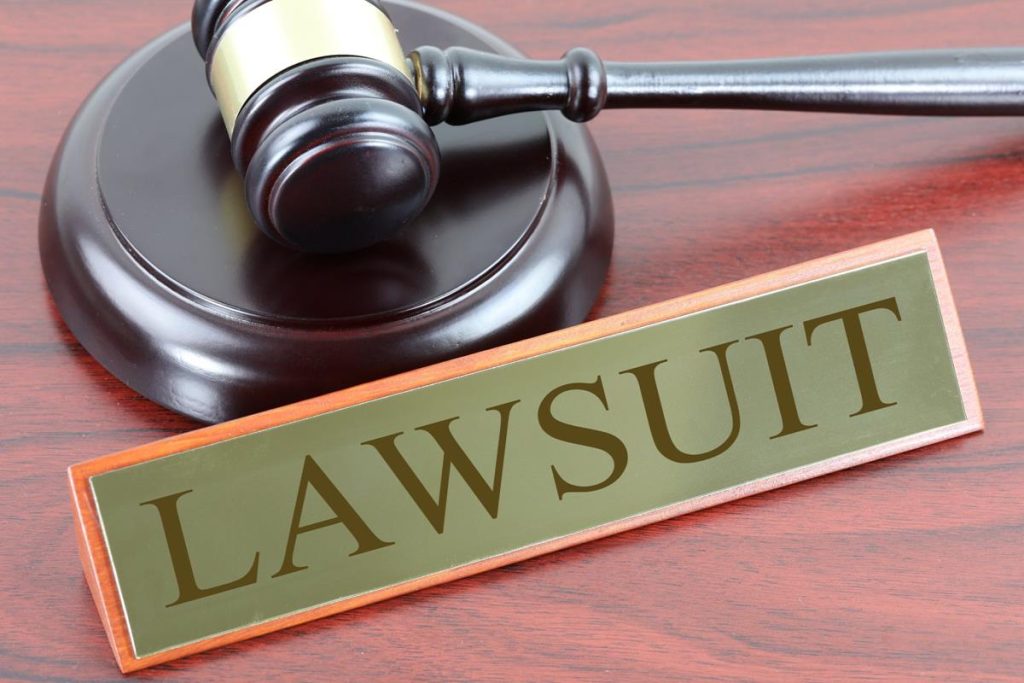If you are a victim of domestic abuse in a marriage, you will at times feel lost, not knowing what to do. But if you believe you can avoid the entire thing by hoping for a happy ending, that is hardly the case ever. Any shot at a happy ending would be to get a separation or divorce with the help of a domestic violence attorney.
Proof of abuse:
Evidence of law enforcement participation can aid in the establishment of a valid allegation of abuse in a relationship. It is critical for your safety to leave a residence where violence happens. Obtaining a restraining order gives you legal protection. Victims should be aware that financial assistance for alimony, child support, and legal bills is available through family court. Seeking temporary assistance from loved ones is encouraged until other arrangements can be established.
Involuntary legal separation:
Domestic abuse can result in an involuntary legal separation known as a divorce from bed and board. A temporary court order can provide safety measures, property distribution, spousal support, and child custody, and define who can stay in the marital home if one spouse proves cruel and hazardous treatment endangers the other.
Support and alimony:
Domestic violence has no bearing on the right to divorce or the division of marital property, but it can have a substantial impact on spousal maintenance. A dependent spouse may claim alimony and post-separation maintenance. Domestic violence is a consideration that courts examine when assessing the amount and duration of spousal support.
Custody of the child:
Domestic abuse evidence is prioritized in child custody determinations by courts due to the harm it causes children. Judges may limit or restrict the rights of a parent involved in domestic violence in the best interests of the child.
Safety of the family:
Family safety is paramount in divorce disputes. It is critical to take early action to protect children and seek legal support. Long-term abuse can result in psychological and emotional injury, necessitating therapy for both the children and the abused spouse. To prevent additional injury to the children, custody should be handed to the non-abusive parent. It is critical to limit exposure to harmful conditions in order to mitigate trauma.
Final thoughts:
When coping with abuse and beginning the divorce process, it is critical to hire an experienced family lawyer. For a better likelihood of a favorable conclusion, legal avenues should be sought first, with evidence, witnesses, and the media supporting the cause.

